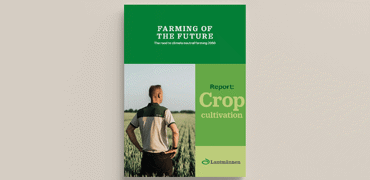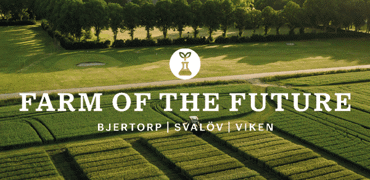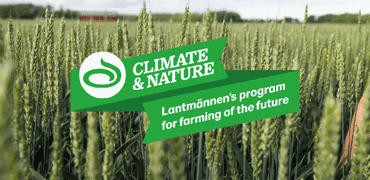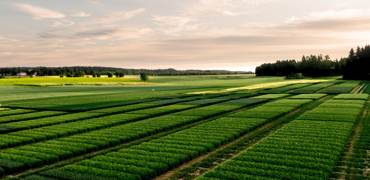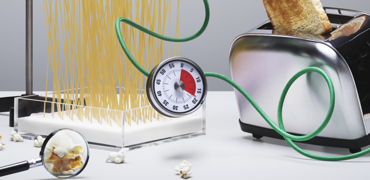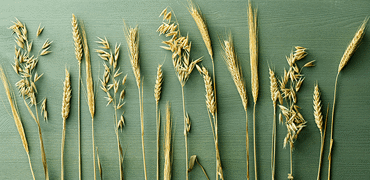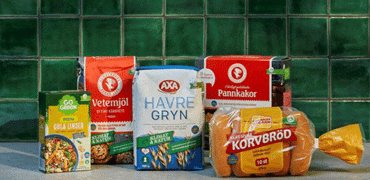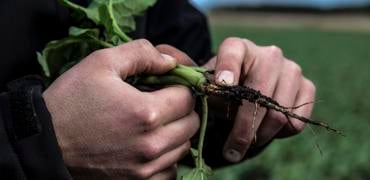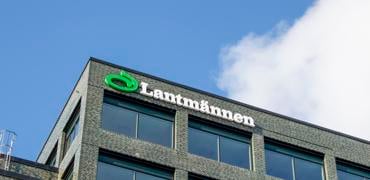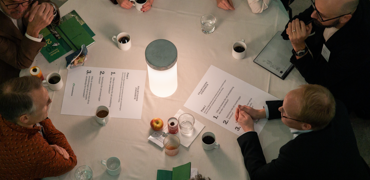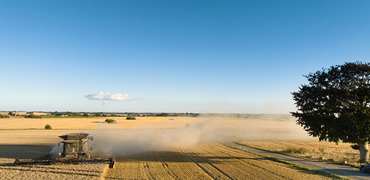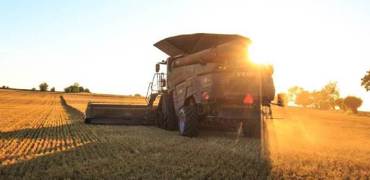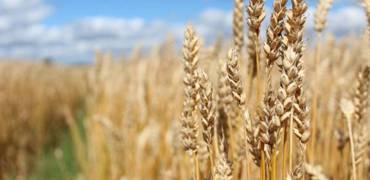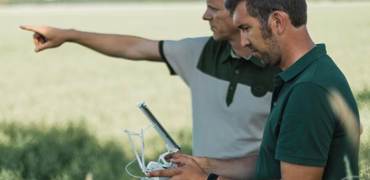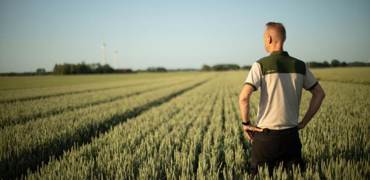Trials with Robotti are set to start in Uppsala in mid-June, starting off with autonomous seedbed preparation and the sowing of barley. After which, other tasks in the field will be tested with the robots, such as mechanical weed control. The ambition is for the barley to be used for beer. The trials are done in partnership with RISE’s testbed for digitalized agriculture and danish agriculture company Agrointelli, with financial support from Lantmännen’s Research Foundation. The aim of the project is to gain knowledge and experience around autonomous machinery within agriculture.
It is going to be incredibly exciting to test Robotti and see how self-driving machines can contribute to more efficient and sustainable farming. More autonomous and data driven agriculture in the future is a given. We have already come a long way when it comes to data collection via connected tools, major steps have been made within precision sowing, and new apps and services are constantly being developed for farming.
Self-driving robots offer clear advantages. They reduce costs for farmers due to efficiency gains and optimising the amount of input goods. Robots can also benefit our climate and environment by reducing the risk of soil compaction as they are lighter, GPS driving directions reduce fuel consumption and with this, emissions of greenhouse gases. Optimised fertiliser spreading via the robot also reduces the risk of nutrient leakage. In the near future, the robot will use renewable fuels, and in the longer term, work is in progress to see how electric power and autonomous control can be linked together to further cut the climate impact and make farms more self-sufficient in fuel.
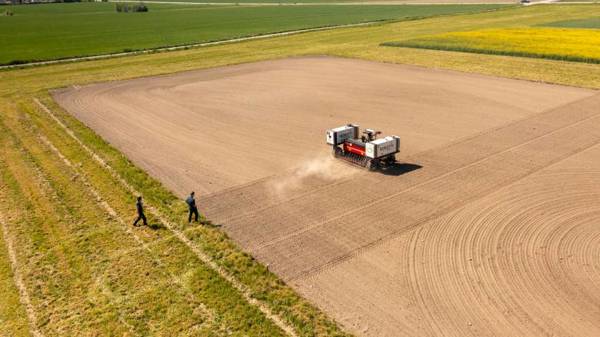
“New technology, such as this robot, will be part of farm machinery moving forward, and contribute to more sustainable, climate smart and profitable agriculture. In this project, we are going to investigate how far we can get with current technology, and that is what we are going to follow-up and measure on the testbed,” says Jonas Engström, researcher and project manager for the testbed at RISE.
A self-driving robot on the farm is not that far off in the future. A great deal of the technology that can contribute to increased harvests and reduced climate and environment impact is already available today, but needs to be made more accessible and implemented more widely. Profitable agrobusinesses that are prepared to invest will be a necessity for the digital transformation, which is why commercial forces will play a crucial role in creating more efficient and even more sustainable agriculture in Sweden.
Other organisations also participating in the RISE testbed for digitalized agriculture: SLU, Ericsson, Telia, Volvo Penta, SMHI, the Swedish Board of Agriculture, LRF, Region Uppsala, Municipality of Uppsala, Dataväxt, Yara, Bayer, LRF Konsult, Intellolabs, Deep Forestry, Solvi and Ecoloop.
For more information, please contact:
Johan Wågstam, Technical and Digital Developer at Lantmännen
Tel: +46 (0)10 556 57 43
Email: johan.wagstam@lantmannen.com
Jonas Engström, Researcher and Project Manager of RISE testbed for digitalized agriculture
Tel: +46 (0)70 515 5677
Email: jonas.engstrom@ri.se
Birgitte Feld Mikkelsen, Project Manager at Agrointelli
Tel: +45 5458 3595
Email: bfm@agrointelli.com
Lantmännen press contact:
Tel: +46 10 556 88 00
Email: press@lantmannen.com






